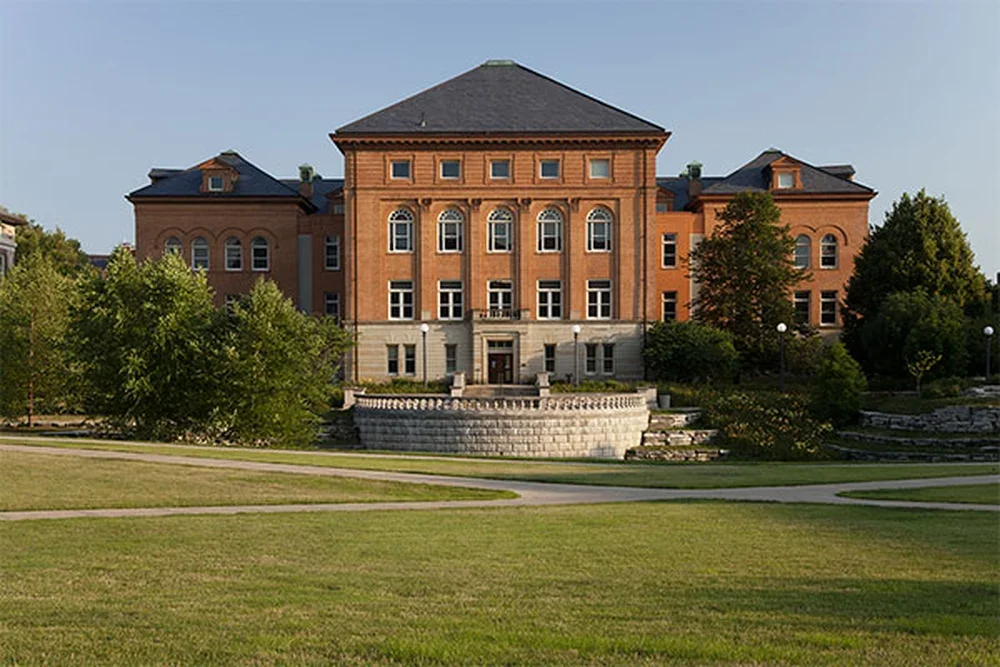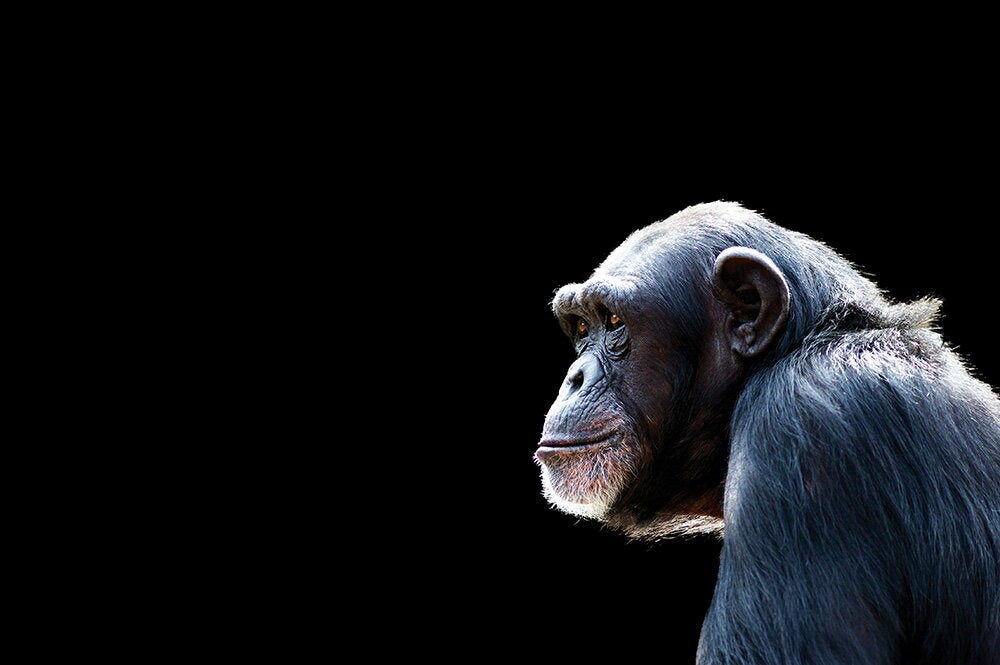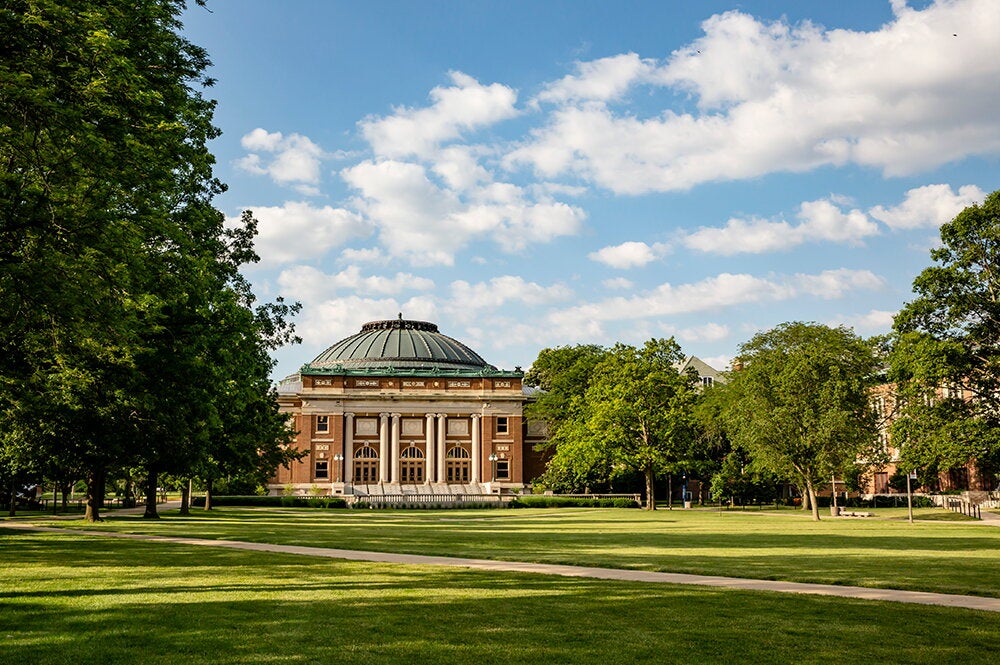
Your parents did it. Even your great-great grandparents did it. The urge to dig at your teeth to dislodge a wedged slivver of food is, researchers say, older than written history. LAS anthropologist Dr Leslea Hlusko claims that ancient man used rudimentary toothpicks, made from grass stalks 1.8 million years ago. Hlusko argues that toothpicking is probably the most persistent habit documented in human evolution.
Hlusko bases her conclusion on her studies of fossil dental records of baboons that go back 10 million years or so. As a biological anthropologist, she combines modern genetic studies of the teeth of baboons with ancient fossils to understand the primate's evolution. To conduct her research, she travels regularly to the Southwest Foundation for Biomedical Research in San Antonio, TX, and to a remote region of Ethiopia where she examines fossils of Old World monkeys 0.5 to 6 million years old.


